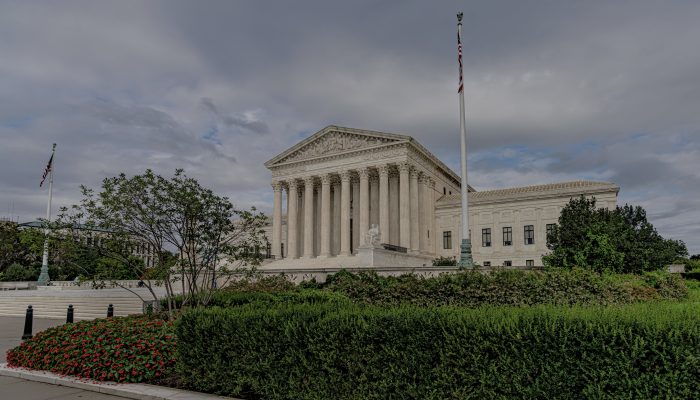The Supreme Court will hear arguments today on two criminal fraud cases that explore whether people who work privately for government officials owe a duty of honest services to the public under what the Wall Street Journal calls “the ill-defined honest-services fraud statute.”
In the first case, former state official Joseph Percoco was serving as campaign manager for former New York Gov. Andrew Cuomo at the time he accepted a $35,000 payment from a real-estate developer to help obtain government approval for a project. The government declared him to be “functionally a public official” because he had clout with state agencies. Thus, the US Attorney said, Joe committed honest-services fraud.
Joe complained in his Supreme Court brief that the 2nd Circuit’s“functionally a public official” rule could have “sweeping implications not only for lobbyists and donors but also for the family members of public officials, who ‘hold unparalleled access and influence’ and whose ‘independent business interests may be in a position to benefit from state action,’” according to SCOTUSBlog.
The federal prosecutorial approach to fraud has created confusion in lower courts for years. In the last decade, the “right of honest services” has been especially pernicious: nowhere in the statute or a definitive Supreme Court ruling is the “right of honest services” defined. In fact (as Joe has argued), the Supreme Court’s 2010 Skilling v. United States decision and 2016 McDonnell v. United States have pretty much established that bribery laws are “concerned not with influence in the abstract, but rather with the sale of one’s official position.” Private citizens cannot take official action or use their positions to bring about government action, Joe contends, because they have no such positions. Thus, they cannot violate federal fraud laws.
In Skilling v. United States, the Supreme Court limited criminal liability for fraud to kickback and bribery schemes, but at the time three Justices – Scalia, Thomas and Kennedy – believed the law’s vagueness made it unconstitutional. Lower courts have held that public officials owe a “right of honest services” to their constituents, but the Supreme Court has never ruled that private individuals owe a fiduciary duty to the public.
Read the full story at the LISA Foundation.

